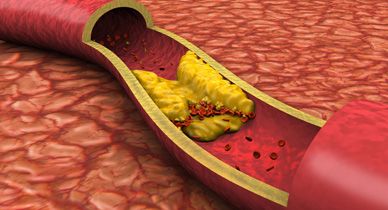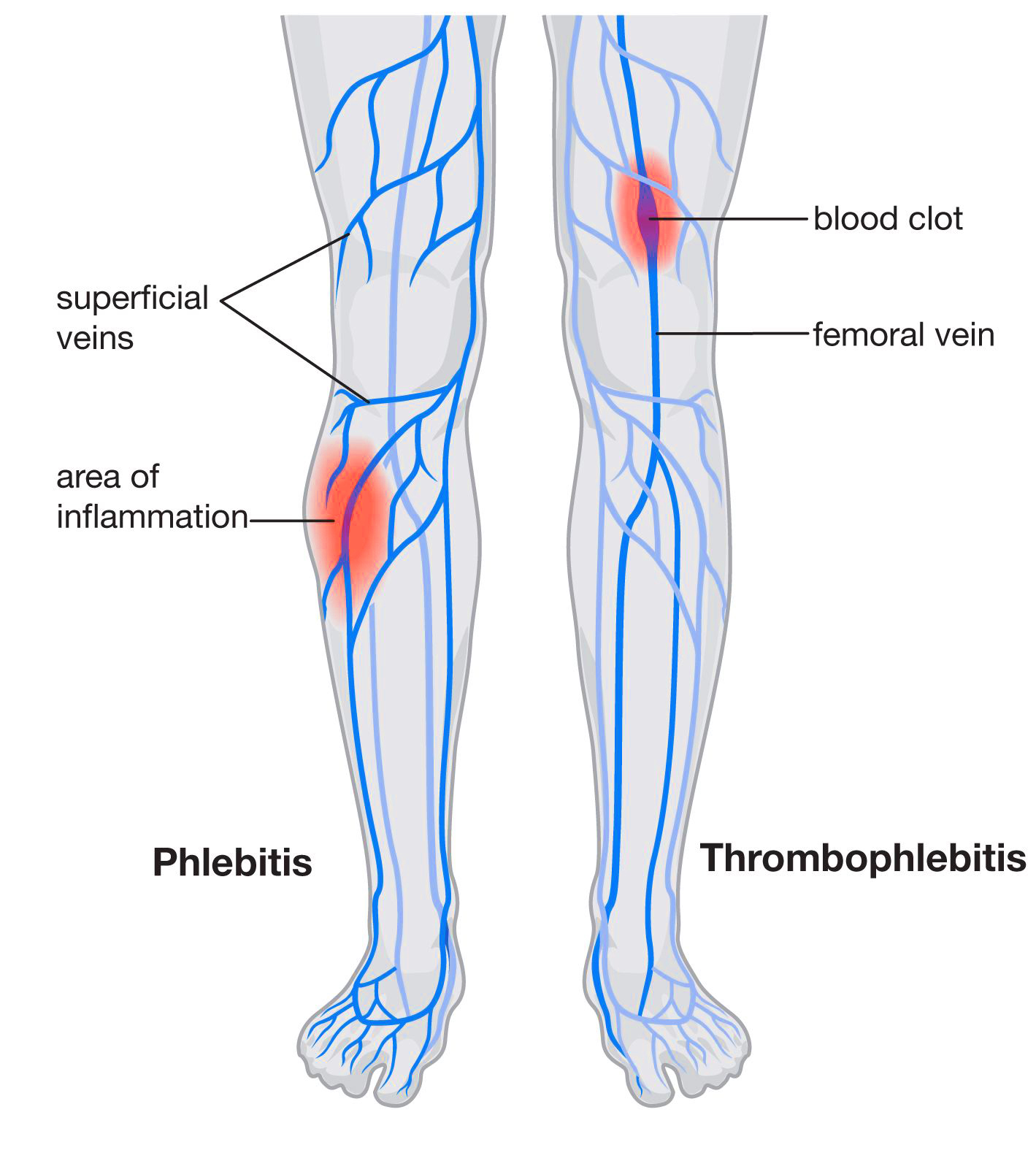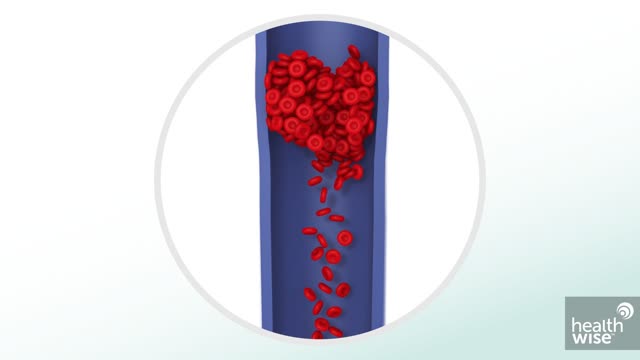By A Mystery Man Writer

It's normal to have blood clots after giving birth, but sometimes too many or very large blood clots can be cause for concern. Bleeding can continue to happen up to six weeks after giving birth. If you experience difficulty breathing, a high fever, or foul-smelling vaginal discharge, it may be best to see your doctor.
It's normal to have blood clots after giving birth, but sometimes too many or very large blood clots can be cause for concern. Bleeding can continue to happen up to six weeks after giving birth. If you experience difficulty breathing, a high fever, or foul-smelling vaginal discharge, it may be best to see your doctor.
:max_bytes(150000):strip_icc()/blood-clot-symptoms-5b2a730c04d1cf0036128d59.png)
Blood Clots: Signs, Symptoms, and Complications

Blood Clots and Myeloma: How To Lower Your Risk

Phlebitis and Blood Clots - Preferred Vascular Group

Postpartum Hemorrhage: Signs, Causes & Treatment for Excessive Bleeding After Birth

Thromboembolism - Symptoms, Types, Causes & Prevention

Hormonal Birth Control: Risk of Blood Clots

Expecting or Recently had a Baby? Learn about Blood Clots

8 Signs of a Blood Clot - Symptoms in Legs, Chest, Neck, and More

Thrombosis – Women – Thrombosis Ireland